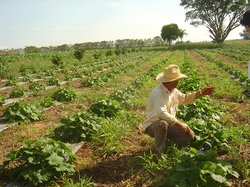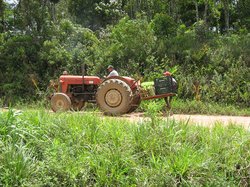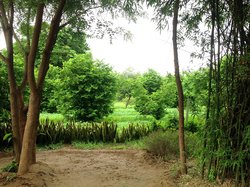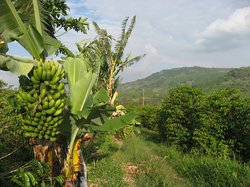VOVE
Vove - a preparatory study
- long-term explorations of Viable, Integrated, Agro-ecological Food Systems
About the project
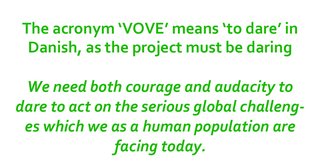
The VOVE project is a study that aims at investigating the development of a large-scale and long-term research project to test the hypothesis that complex, agro-ecological, functionally integrated food systems can be sustainable and nourish the world in 2050 with significantly reduced net emissions of green house gases (GHG).
The project will explore ways of using and researching agro-ecological farming and food systems in both the Global North and Global South.
A large number of interesting studies and reports on agro-ecology have been presented during the recent years, and many current projects are examining the capability of organic farming and agro-ecology to both nourish the growing world population and at the same time ensure the sustainability of natural and social systems.
The VOVE project will collect information and seek to create an overview over this research on global level in the field of agro-ecology, examine whether the hypothesis applies to the findings and discuss and develop a research framework and research questions by which the hypothesis can be tested in a future international research initiative
Agro-ecology
The overarching principle of agro-ecological production methods is the pursuit of sustainability in all meanings of the word and at all levels. Consequently, the agro-ecological methods aim to improve the potentials of the soil and build on the synergy between living organisms, rather than exhausting them.
Agro-ecological farming and food production combine both new and traditional methods that are less resource demanding and work in harmony with the environment as well as with the society and the local community in which they are performed.
Agro-ecology combines science, farming practices and social movements and aims at creating practices which maintain and enhance both natural and social resources.
